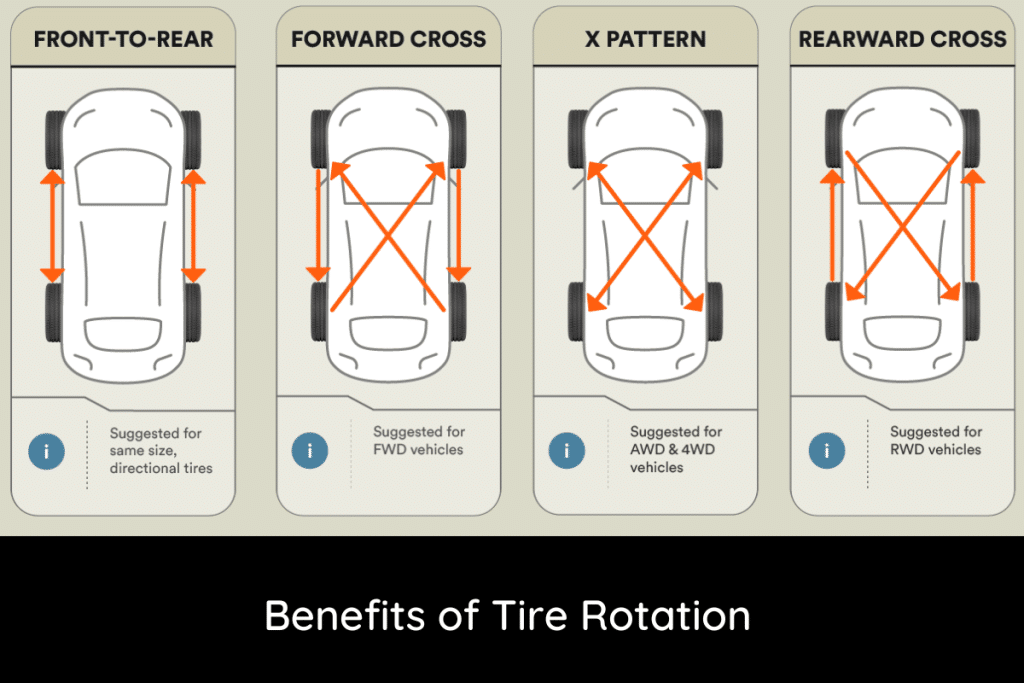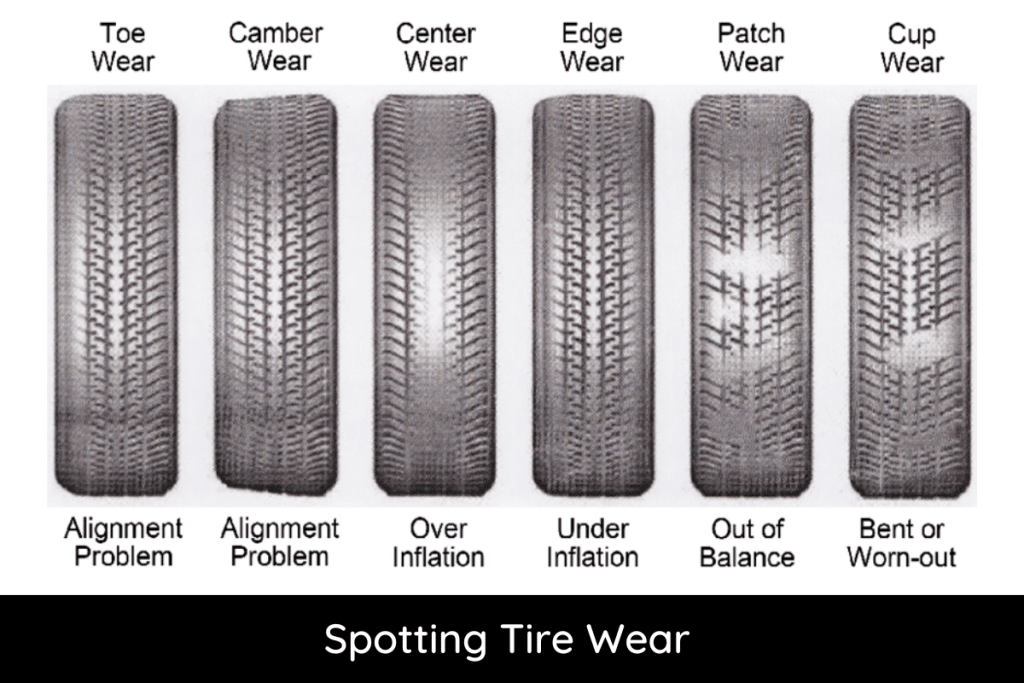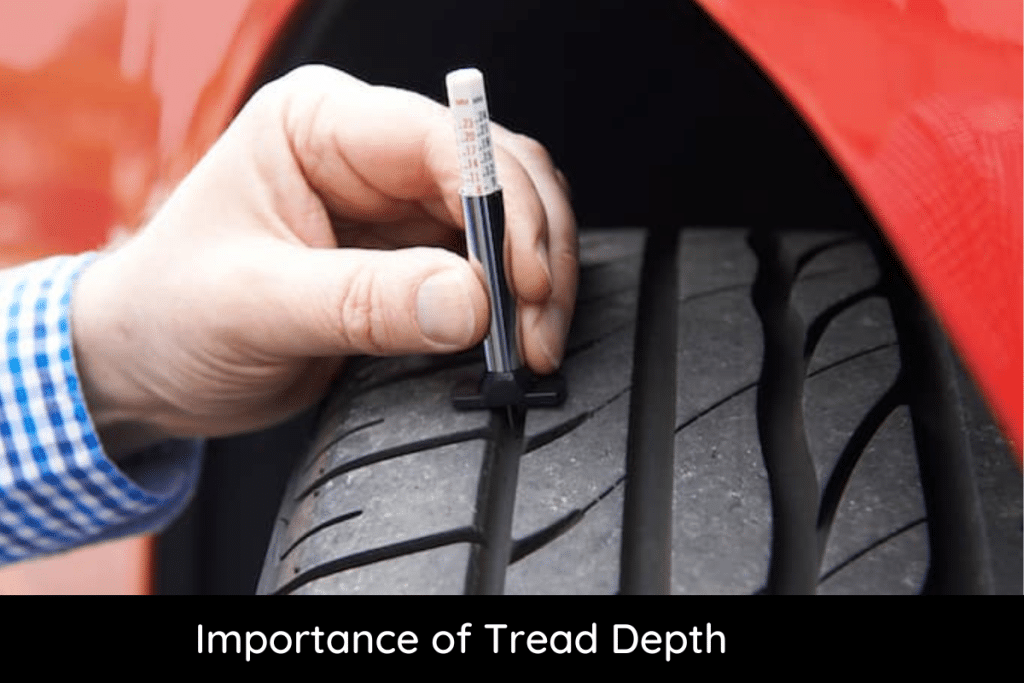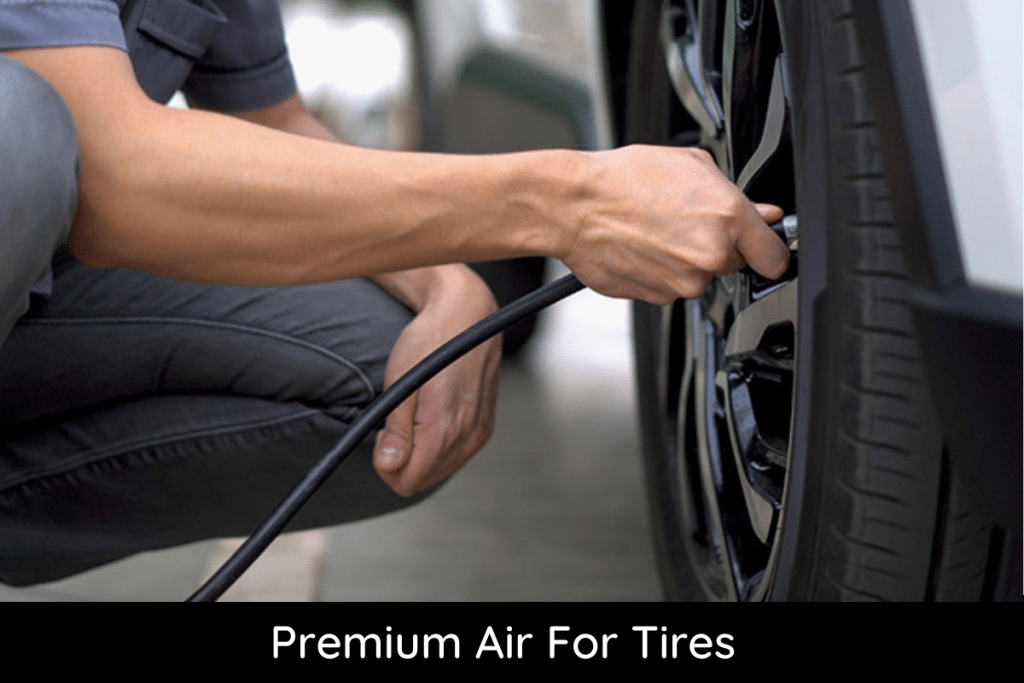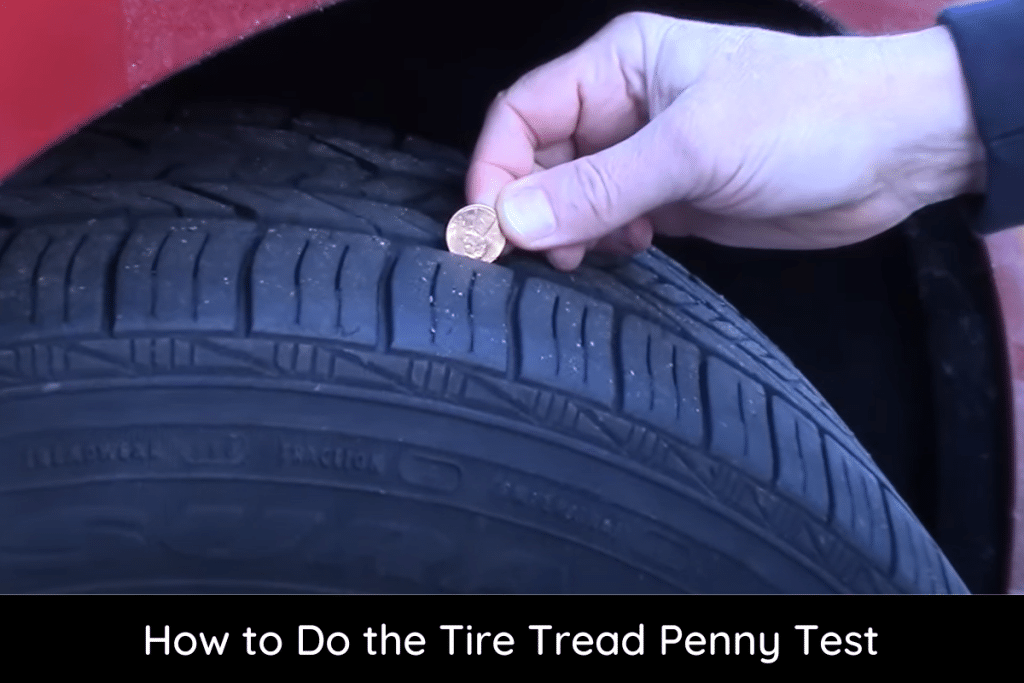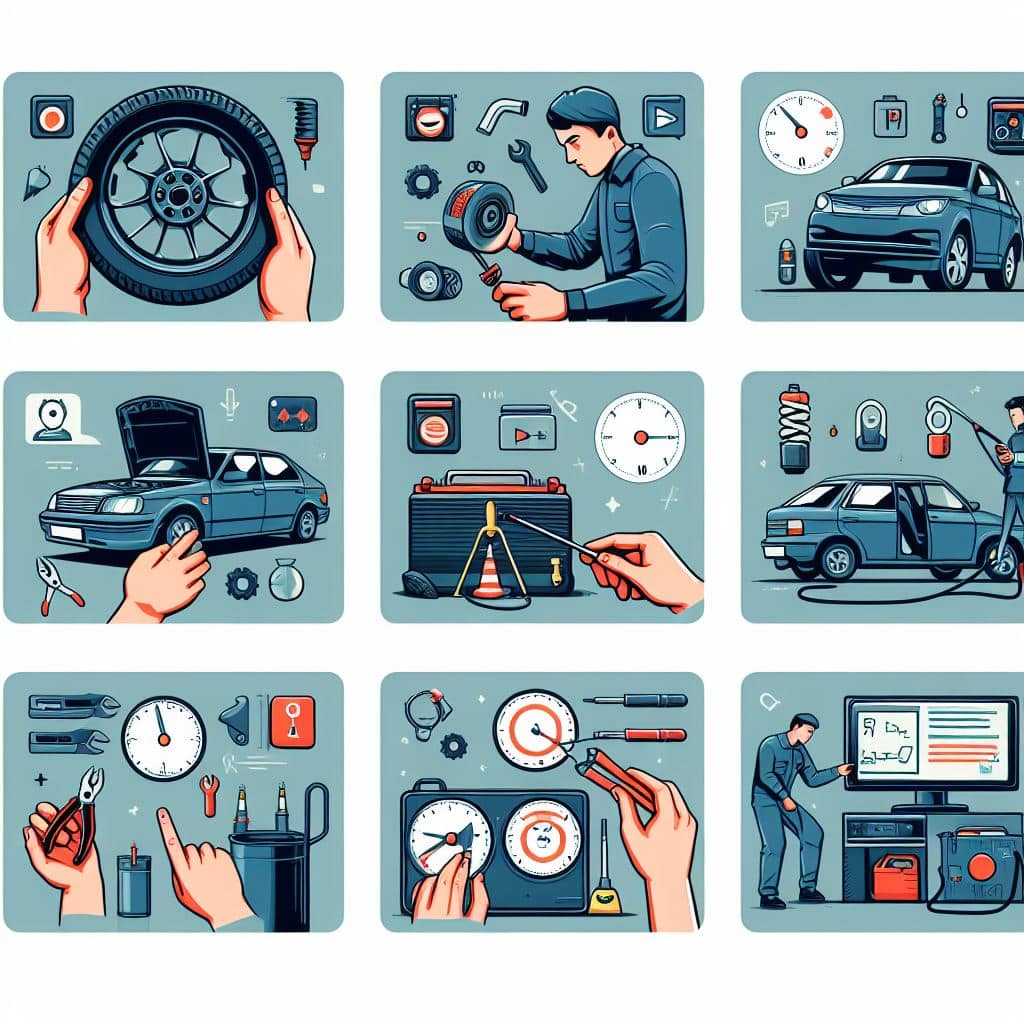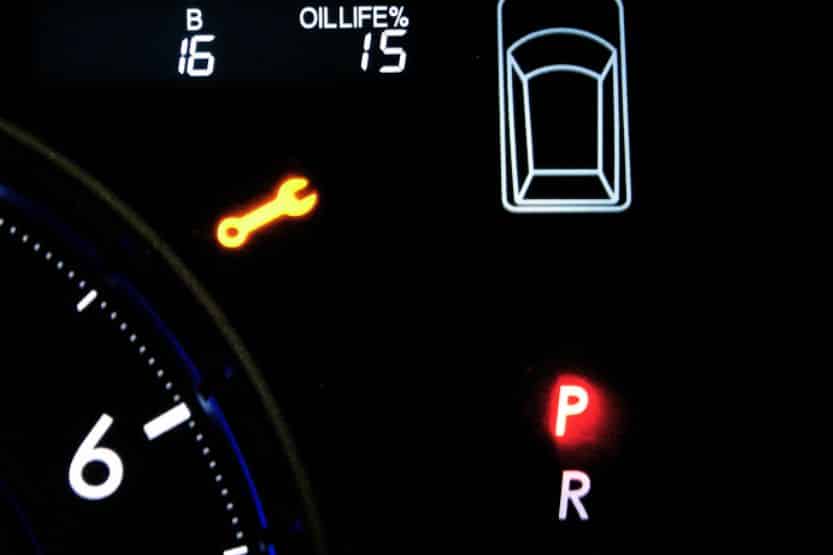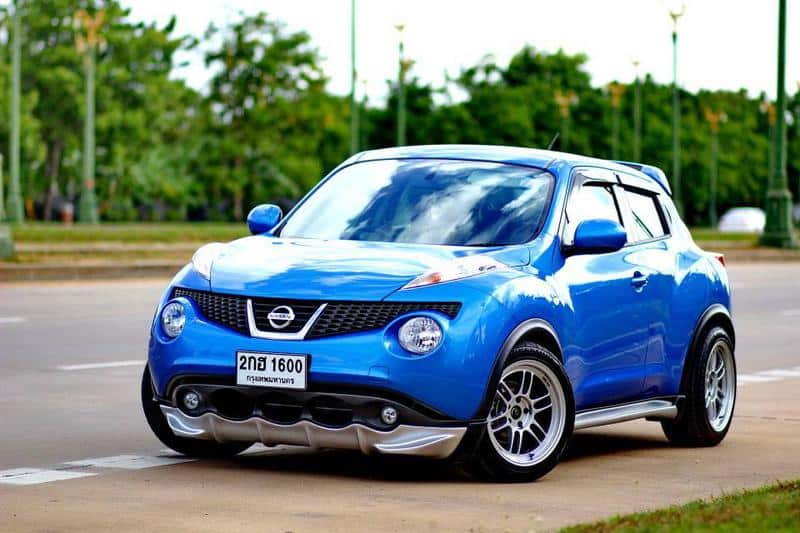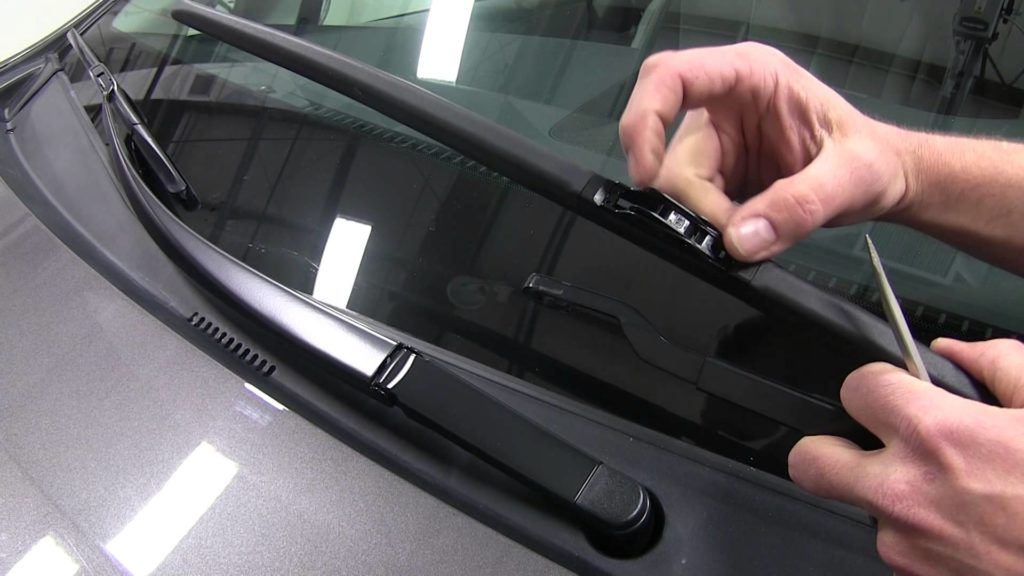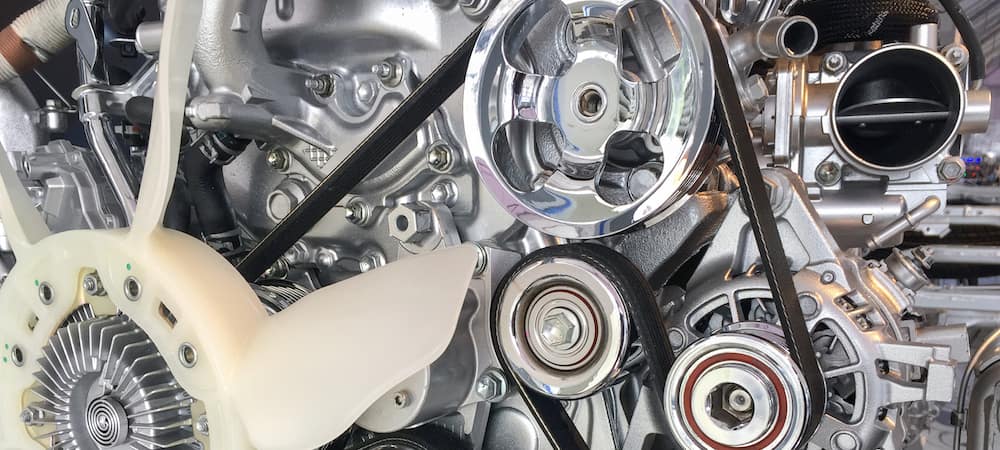You’re not alone if you’ve just had your brakes replaced and are now hearing a grinding noise. It’s a common complaint among drivers who have just had their brake pads and rotors replaced. So what’s causing the noise, and is it something you should be worried about? In this article, we’ll discuss why your new brakes might be making a grinding noise and what you can do to fix it.
You may hear a grinding noise depending on your new brake pads and rotors. Although this noise is worrying, it does not automatically mean that the pads and rotors are faulty. In some cases, the pad material might be stiffer than usual, meaning that they’ll require time to “break in.” The new rotors may also be slightly rough, which can cause a grinding noise when the pads come into contact with them.
In most cases, the noise will go away on its own after a short period of time (approx. 200-300 miles). However, if the noise persists or is accompanied by other symptoms, such as vibrations or pulling to one side, then you should take your car to a qualified mechanic for further inspection. They will be able to determine if an underlying issue needs to be addressed.
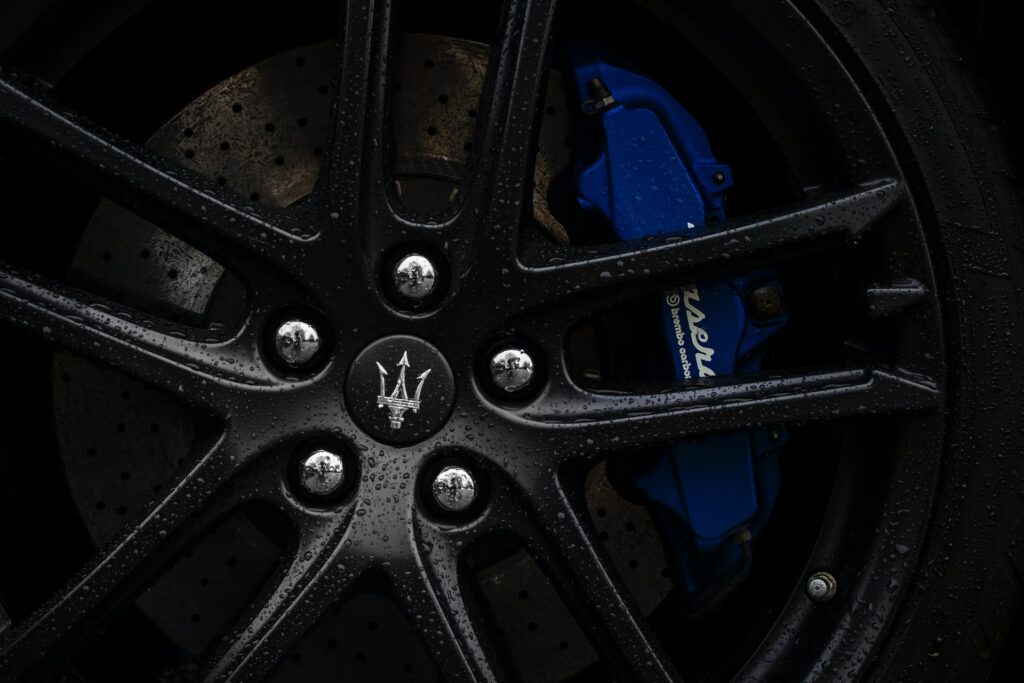
Other Reasons Why New Brakes May Squeak?
Poor quality: If you’ve had your brakes replaced with low-quality pads and rotors, then it’s likely that they’ll make more noise than usual. Over time, the noise will probably get worse as the materials wear down.
Incorrect installation: If your new brakes have been installed incorrectly, it can cause all sorts of problems, including grinding noises.
Dirty brake calipers: When the brake calipers become clogged with dirt and debris, it can cause the pads to rub against the rotors, resulting in a grinding noise. The fix is relatively simple – just clean the calipers with brake cleaner and a rag.
Warped rotors: If the rotors are warped, it can cause the pads to make a grinding noise when they come into contact with the rotor surface. In some cases, you may be able to fix the problem by having the rotors resurfaced.
Is It Normal For New Brakes And Rotors To Make Noise?
Yes, it is normal for new brakes and rotors to make noise. Usually, the noise will go away on its own after 300 miles of use. However, if it persists, then you should take your car to a qualified mechanic for further inspection.
What Can I Do To Fix The Grinding Noise?
At first, you may hear grinding, screeching, squealing, and other noises as you break in your pads and rotors. These noises will become less visible the more you drive your car. The sounds should eventually go away completely.
You may also just apply your brakes several times in a row with a few seconds pause between each application. That is, you must brake many times so they can warm up and be cleaned. If this persists for a long, it’s possible that they’ll need to be replaced.
Your brake pads should ideally be replaced every 10,000-20,000 miles to keep them from wearing down too quickly. As for your rotors, you can usually go 50,000-70,000 miles before needing to get new ones. Either way, it’s important to stay on top of this maintenance so that your brakes always perform at their best.
If, during braking, you feel that the car is moving to the side, then in order to fix it, you need to contact a mechanic.
Why Are My Brakes Grinding If My Pads Are Good?
If your brake pads are good but you’re still hearing a grinding noise, it may be due to the rotors. In some cases, the new rotors may be slightly rough, which can cause a grinding noise when the pads come into contact with them.
If your car is pulling to one side after having the brakes replaced, it is likely that there is an issue with the alignment or installation of the new pads and rotors. We recommend taking your car back to the mechanic who replaced your brakes for further inspection.
How Long Does It Take To Break In New Brakes And Rotors?
It usually takes about 200-300 miles of driving for new brakes and rotors to break in. During this time, you need to be careful while driving and brake in advance.
Is It Safe To Drive With Grinding Brakes?
If your brakes are making a grinding noise, it is not safe to drive. The grinding noise is an indication that there is an issue with your brakes. The only case of the norm can be considered a situation when the brake pads were recently replaced.
How Should Brakes Feel After Being Replaced?
After having your brakes replaced, brakes may feel a little weaker. This is because they need some time to rub off. The better the brakes are, the faster they will adapt.
Complete ten brake applications:
To complete a brake application, slowly press the pedal until you reach your desired speed. for this exercise, that would be 60 mph. Once you’ve reached 60 mph, use your brakes to lower your speed to 20-25 mph. You don’t need to come to a full stop, just slow down enough so that you can press the gas pedal and maintain a steady speed without having to worry about traffic behind you.
Once you finish all ten brake applications, drive at a steadier pace for a while so that your rotors have time to cool off before continuing driving again.
Additionally, avoid making too many quick stops within the first few hundred miles after getting new brakes; give yourself and other drivers around more time by braking earlier than usual instead of waiting till the last second in order to prevent putting unnecessary stress on your new brakes.


